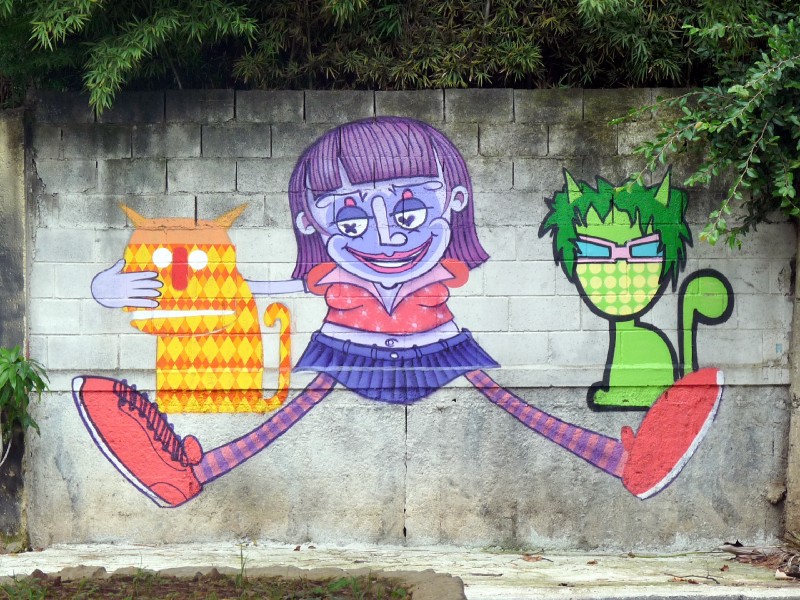

The French town of Grenoble has decided to get rid of advertising billboards, in a move the mayor describes as a liberation of public space. In their place, the town promises to plant trees.
The city of São Paulo, Brazil passed a “Cidade Limpa” (Clean City) law in 2007 prohibiting advertising in its streets, radically changing the city landscape as it cut down on what city authorities called “visual pollution.” The striking pictures have intrigued people the world over ever since.
For Grenoble, the move involves cutting its relationship with display group JCDecaux. Founded in 1964 in Lyon, JCDecaux is the largest outdoor advertising corporation in the world, currently operating in more than 54 countries with its panels in streets, airports, metros, buses, trains, tramways and on shared bicycles.
As French daily newspaper Le Monde reported, disassembling the existing advertising-centered street furniture will take several months. A total of 326 panels will disappear from public space, freeing up over 21,500 square feet of commercial real estate. In their place, the town promises to plant 50 trees before spring.
A spokesperson from JCDecaux told Le Monde the policy will lose Grenoble 6 million Euros (over 10 years) and deprive the citizens of a key information service. The mayor’s office disputes these figures, arguing that the collapse of traditional advertising revenue has shifted the situation considerably. The office believes it can offset the costs, and lives in the city will improve in other ways with the removal of advertisements.
The 6-million Euro figure is likely to make other cities considering the idea take pause. Advertising has woven its way so thoroughly through public infrastructure that many business models around the world depend on its systems. It’s not just media that rely on them. If our transport systems are currently taking in millions of dollars in advertising revenue each year, offering the space to art or trees means finding money elsewhere (higher fares, higher taxes, etc.).
While São Paulo remains an icon for the clean-streets movement, in 2012 the city allowed General Electric advertising back in the form of colorful “artworks” and signed a contract with JCDecaux for 1,000 digital clocks to provide residents with the time, temperature, air quality and city information.


How We Get To Next was a magazine that explored the future of science, technology, and culture from 2014 to 2019. This article is part of our Metropolis section, on the way cities influence new ideas–and how new ideas change city life. Click the logo to read more.
